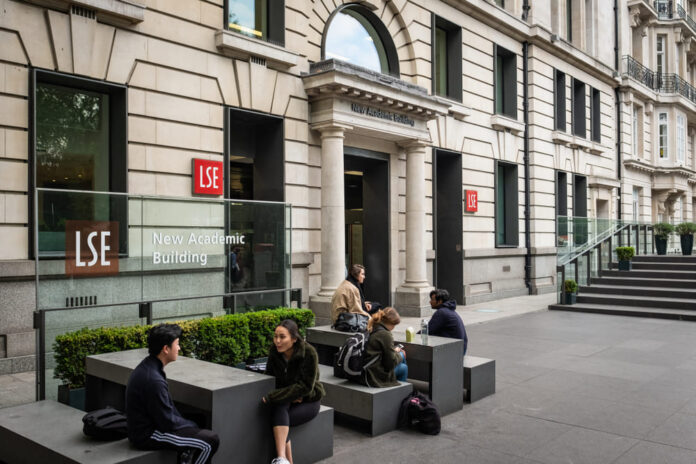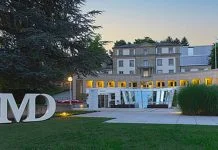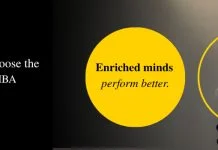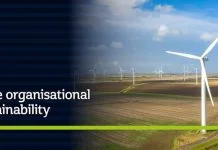Diverse and divided, unstable and uncertain, the world of today is a uniquely challenging environment for businesses. LSE Executive Education is leading the way, and the world, in developing leaders who are ready for the obstacles and opportunities that lie ahead. In this article, we’ll look at how they’re doing this and what sets them apart.
An ever-changing world calls for a different kind of leader
Advances in technology are changing the working world in countless ways, not all of which are positive. The transition to the green economy is challenging organisations of every kind to rethink what they do and how they work. Demographic shifts are having an impact, too – reshaping workplaces and organisational cultures around the world.
With a pace of change this dramatic, it’s no surprise that many businesses are struggling to keep up. The same applies to their people. And, in a world this complex, there is no single answer or approach that will empower organisations to adapt and thrive.
A multidisciplinary approach for a complex world
A leading social sciences university, LSE has long believed that a multidisciplinary approach and understanding is absolutely fundamental to success. It’s a belief that shapes the way they teach, the programmes they offer and the way they equip their Executive Education participants to see the world.
LSE’s multidisciplinary ethos shines through in the portfolio of Executive Education programmes it provides. The University’s portfolio has been created with a clear focus on the challenges and issues faced by businesses today.
Programmes created with today and tomorrow in mind
LSE’s Creating Inclusive Organisations programme looks at how to harness the benefits of diversity for organisational success in a society that is more diverse, but also more partisan and polarised than ever before.
LSE’s Creating Inclusive Organisations programme looks at how to harness the benefits of diversity for organisational success in a society that is more diverse, but also more partisan and polarised than ever before. Participants explore what it means to become an inclusive leader and how to create workplace cultures that proactively welcome and embrace differences and use them to encourage innovation.
Another example is Climate Change: Economics and Governance. This programme is created and delivered by LSE’s Grantham Research Institute – an influential body that develops world-leading research and policy leadership on climate change and environmental problems. Participants on this programme explore the challenges, navigate the risks and unlock the opportunities that climate change represents for their organisation. The focus here is on building the fully integrative and multidisciplinary understanding that leaders need if they are to position their organisation at the forefront of change.
Thirdly, consider the groundbreaking Sustainable Finance and Impact Investing programme. Created by LSE’s world-renowned Department of Finance, this programme draws on the latest insights and research to help finance professionals build an understanding of finance and investment as drivers of change. It equips participants to adapt traditional portfolio tools to integrate and achieve ESG goals.
These are just three programmes from a broad portfolio. LSE’s courses touch on a wide range of other urgent contemporary topics too, such as the Ethics of AI, Global Macroeconomics, Social Entrepreneurship, Leadership and Change, and the Governance, Planning and Design of Cities.
A diverse portfolio. A shared ethos.
While every LSE programme has a distinct theme and focus, they have much in common. Each is delivered by a world-class faculty made up of some of the world’s foremost business and leadership thinkers. Also, each is underpinned and informed by cutting-edge research.
Perhaps most importantly, each of LSE’s programmes puts a strong emphasis on empowering participants to think critically and analytically about the bigger picture – what the issues of today mean to the future of businesses and the world.
The executives of tomorrow need to understand the intricate interconnectedness of business, geopolitics and socio-economics if they are to navigate change with confidence. Rated the number one university in the UK and University of the Year by the Times and Sunday Times, LSE is helping to develop exactly this kind of leader.








